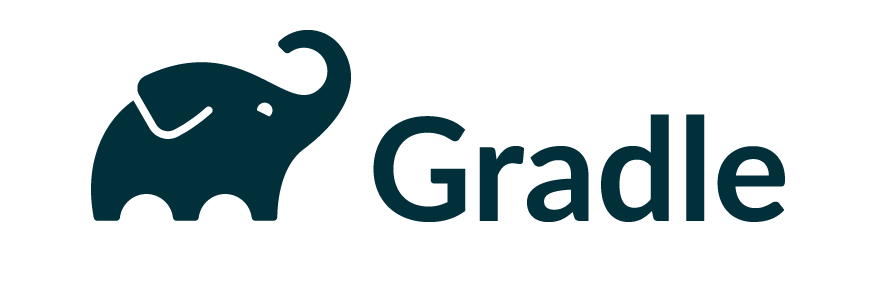? Gradle Build Tool
Gradle is a highly scalable build automation tool designed to handle everything from large, multi-project enterprise builds to quick development tasks across various languages. Gradle’s modular, performance-oriented architecture seamlessly integrates with development environments, making it a go-to solution for building, testing, and deploying applications on Java, Kotlin, Scala, Android, Groovy, C++, and Swift.
For a comprehensive overview, please visit the official Gradle project homepage.
Getting Started
Starting with Gradle is easy with these essential resources. Follow these to install Gradle, set up initial projects, and explore supported platforms:
- Installing Gradle
- Build Projects for Popular Languages and Frameworks:
- Java Applications
- Java Modules
- Android Apps
- Groovy Applications
- Kotlin Libraries
- Scala Applications
- Spring Boot Web Apps
- C++ Libraries
- Swift Apps
- Swift Libraries
Explore Gradle’s full array of resources through the Gradle Documentation.
? Seamless IDE & CI Integration
Gradle is built to work smoothly with a variety of Integrated Development Environments (IDEs) and Continuous Integration (CI) systems, providing extensive support for a streamlined workflow:
- Supported IDEs: Quickly integrate Gradle with Android Studio, IntelliJ IDEA, Eclipse, NetBeans, and Visual Studio Code.
- Continuous Integration: Gradle easily connects with popular CI tools, including Jenkins, GitHub Actions, GitLab CI, CircleCI, and more, to streamline build and deployment pipelines.
? Learning Resources for Gradle
Kickstart your Gradle knowledge with courses, guides, and community support tailored to various experience levels:
- DPE University Free Courses: A collection of hands-on courses for learning Gradle, complete with project-based tasks to improve real-world skills.
- Gradle Community Resources: Discover a range of resources, tutorials, and guides to support your Gradle journey, from foundational concepts to advanced practices.
- Gradle Cookbook: Access a practical collection of Gradle recipes and best practices to help you work efficiently with Gradle in various scenarios.
Community Support & Resources
The Gradle community offers a range of forums, documentation, and direct help to guide you through every step of your Gradle journey:
- Documentation: The Gradle User Manual covers everything from basic to advanced configurations.
- Community Forum: Engage with others on the Gradle Forum for discussions, tips, and best practices.
- Community Slack: Join our Slack Channel for real-time discussions, with specialized channels like
#github-integrations for integration topics.
- Newsletter: Subscribe to the Gradle Newsletter for news, tutorials, and community highlights.
Quick Tip: New contributors to Gradle projects are encouraged to ask questions in the Slack #community-support channel.
? Contributing to Gradle
- Contribution Guide: Contribute to Gradle by submitting patches or pull requests for code or documentation improvements.
- Code of Conduct: Gradle enforces a Code of Conduct to ensure a welcoming and supportive community for all contributors.
? Additional Resources
To make the most out of Gradle, take advantage of these additional resources:
- Gradle Documentation - Your go-to guide for all Gradle-related documentation.
- DPE University - Explore tutorials designed to get you started quickly.
- Community Resources - Find more community-contributed materials to expand your knowledge.
? Stay connected with the Gradle Community and access the latest news, training, and updates via Slack, Forum, and our Newsletter.
